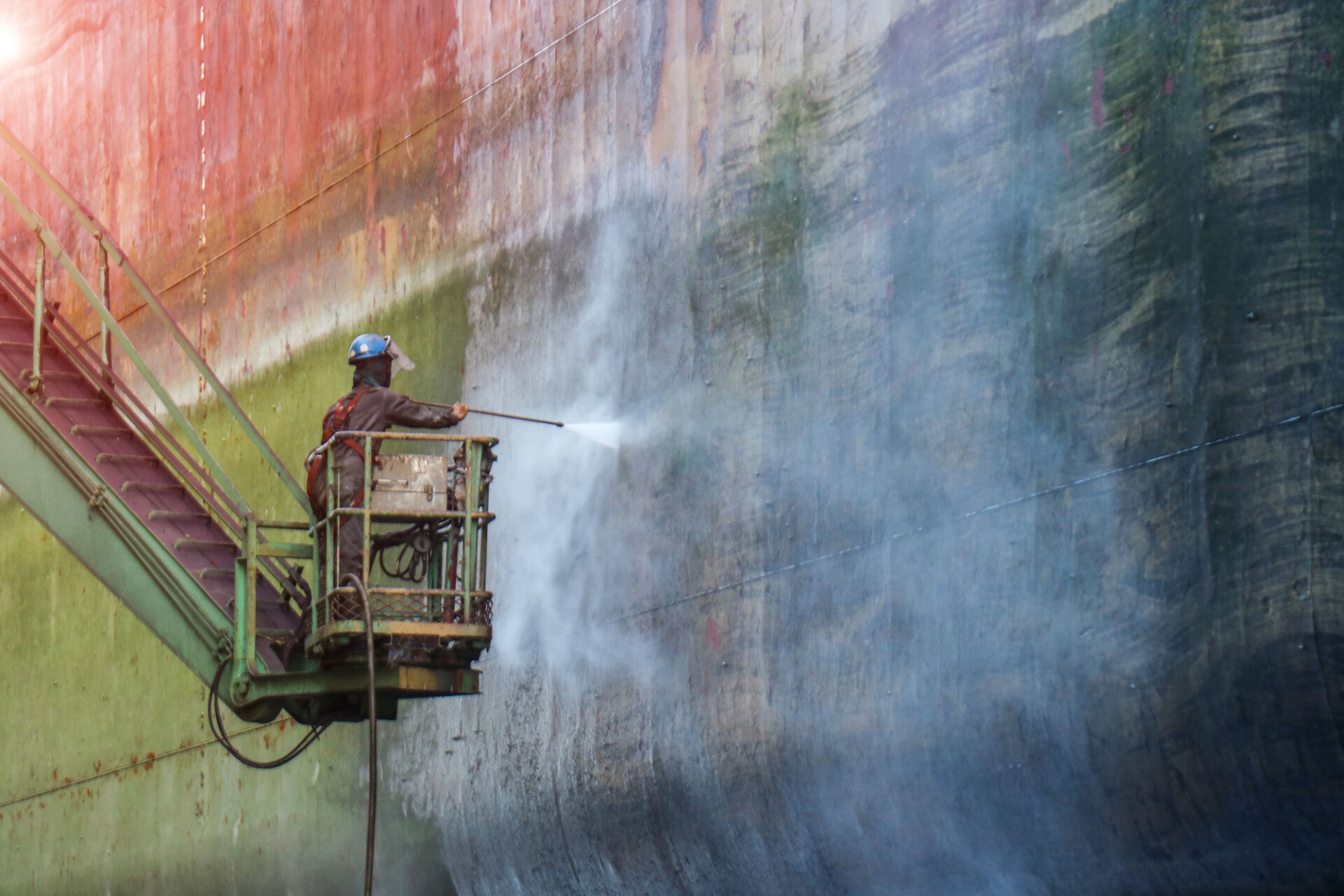Southampton PhD: Microbiologically Influenced Corrosion Associated with Marine Fouling
Microbiologically Influenced Corrosion Associated with Marine Fouling
About the project
Microbiologically-influenced corrosion and biofouling in hostile marine and offshore energy sectors costs billions annually. This project advances in-situ spatial biofilm analyses to map microbe–surface interactions and develops data-driven genome-scale metabolic models. Combining genomic, electrochemical, and imaging techniques, it will predict and control biofilm-mediated structural corrosion through novel natural mitigation strategies.

The successful applicant will join an interdisciplinary team of microbiologists, materials scientists, bioinformaticians and industry engineers.
You will gain hands-on experience in next-generation sequencing, transcriptomics, advanced electrochemical measurements, high-resolution microscopy and genome-scale metabolic modelling.
You will help develop and validate novel diagnostic tools and eco-friendly biofilm removal strategies, leveraging natural enzymes, biochemicals and bacteriophage, and work with state-of-the-art dual-reactor systems to simulate real-world corrosion environments.
The industry partner for this PhD project is Endures B.V., a leading specialist in marine corrosion testing and antifouling technologies. Endures will provide industrial supervision and a research placement, and has over 45 years of experience in antifouling performance, failure analysis, biofilm research, electrochemistry and metallurgy.
Your contributions will drive tangible industry impact:
- reducing the £200 million annual MIC burden in the UK energy sector
- enhancing offshore wind turbine resilience
- promoting compliance with stringent environmental regulations
You will publish high-impact papers, present at international conferences and build a network spanning academia and industry.
This opportunity accelerates your professional growth in microbiology, materials science and computational biology, while allowing you to translate fundamental research into sustainable solutions that safeguard critical infrastructure and support the transition to clean energy.
Apply by Friday 28 November 2025.
Project leader
For an initial conversation, please email NBIC Southampton Co-Director, Professor Jeremy Webb at J.S.Webb@soton.ac.uk or Professor Julian Wharton at J.A.Wharton@soton.ac.uk
For general enquires, please contact Southampton’s Doctoral College at fels-pgr-apply@soton.ac.uk.
For full information and to apply, please visit the University of Southampton website.
